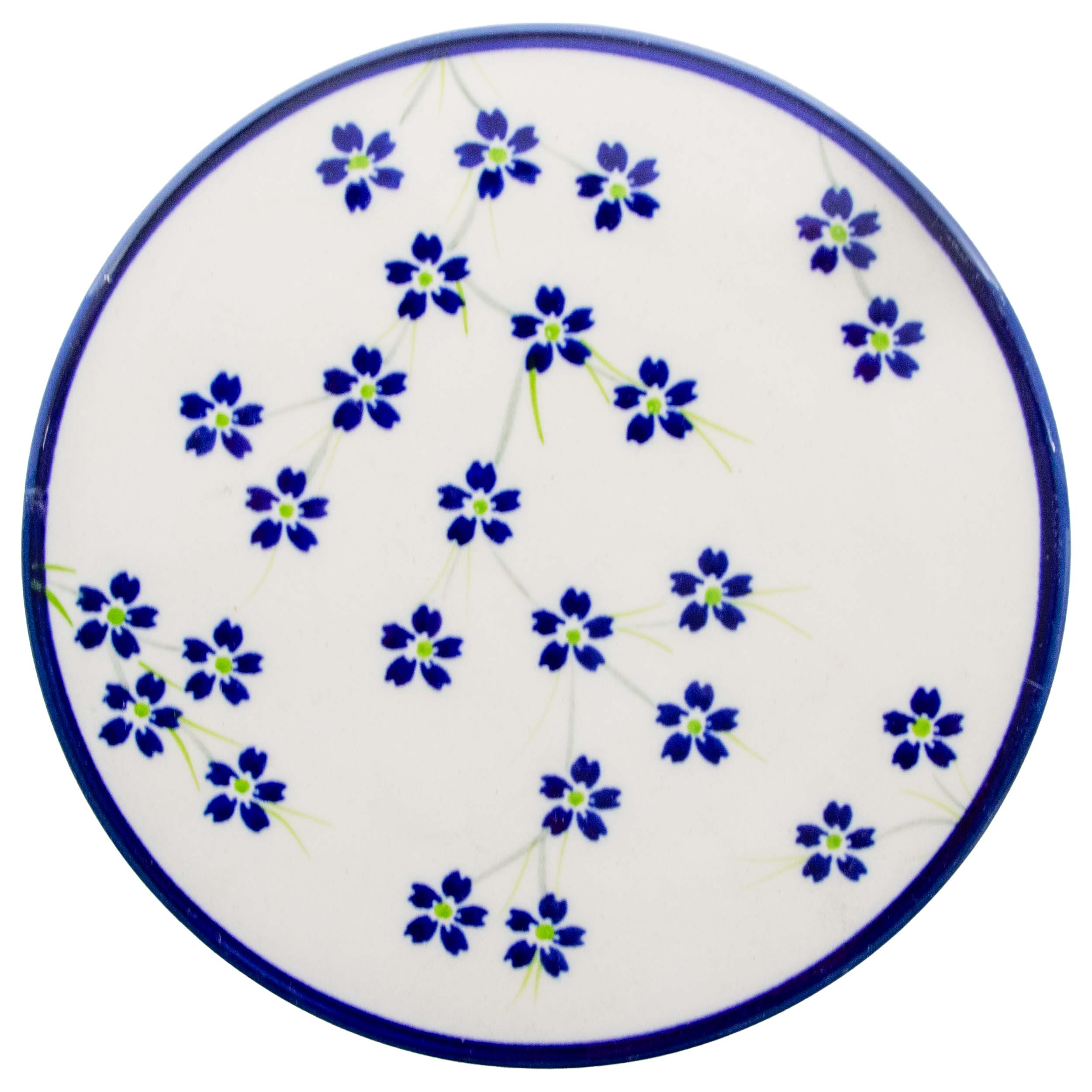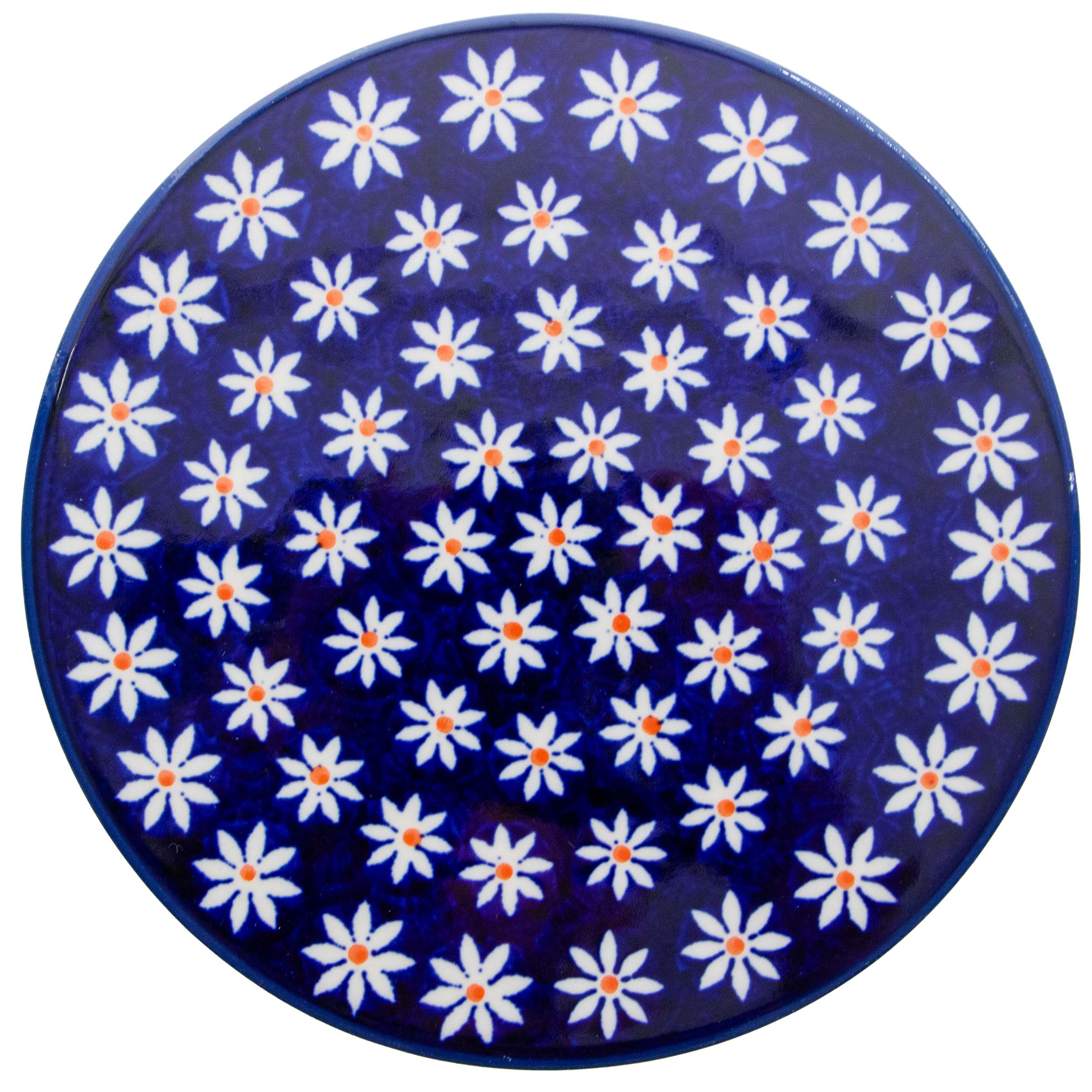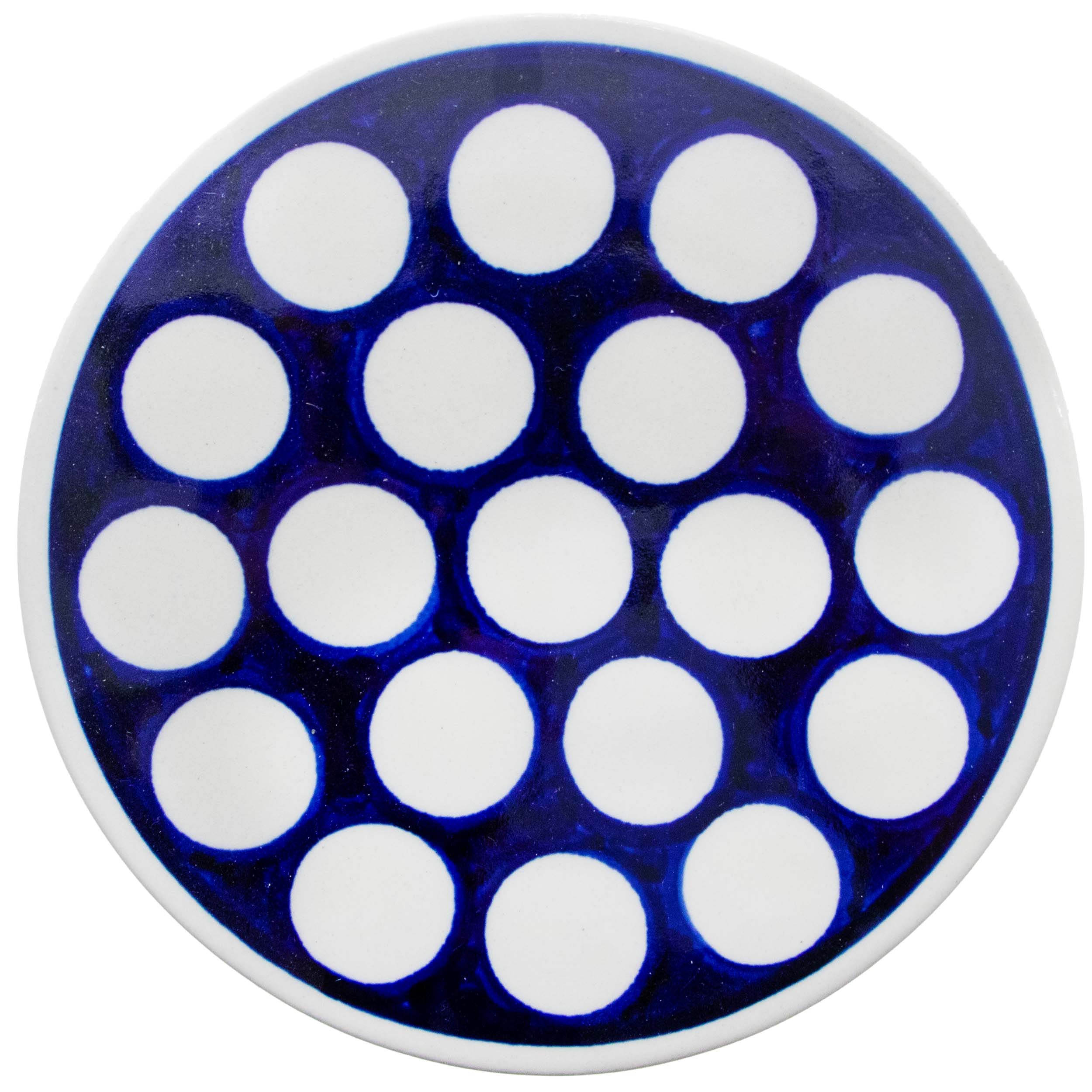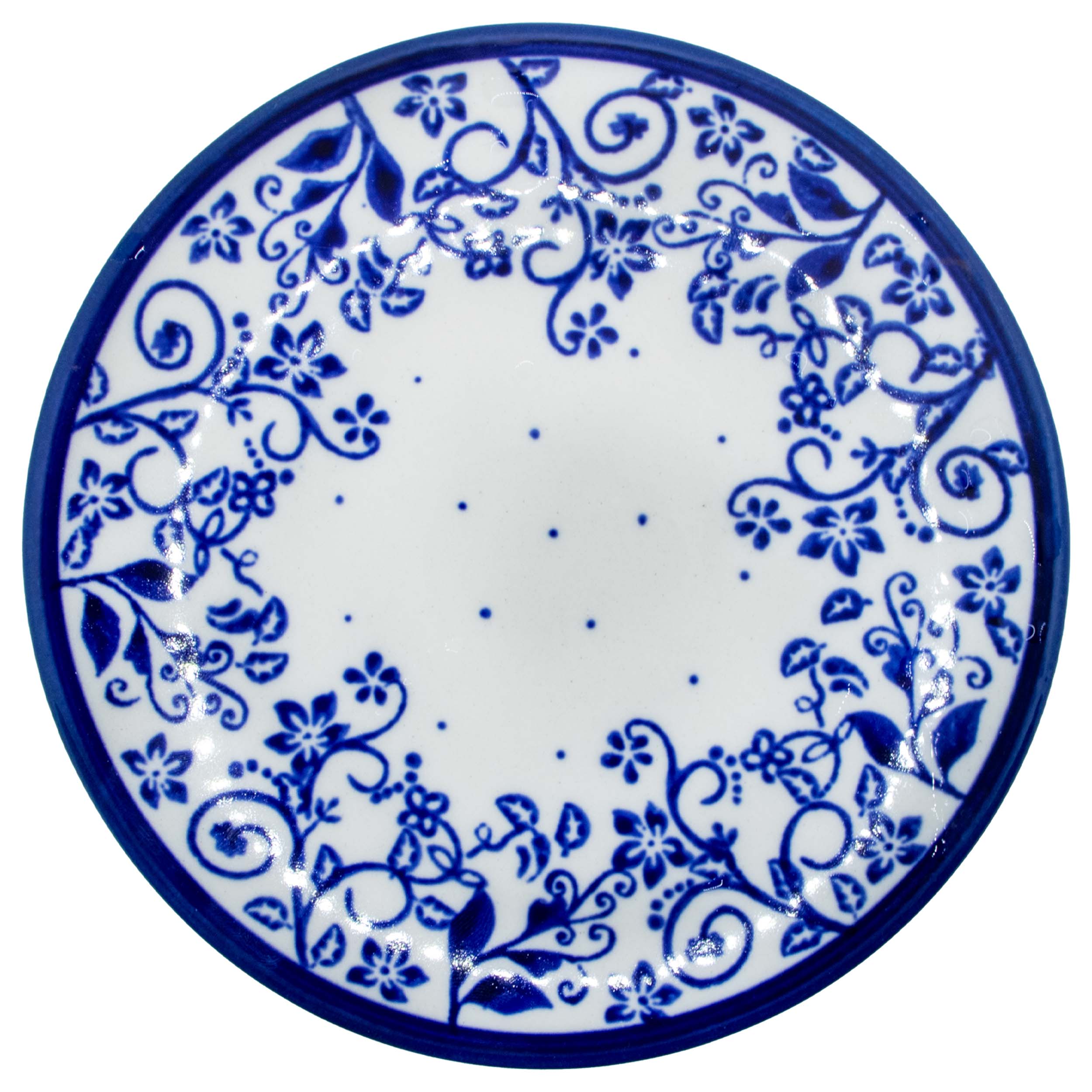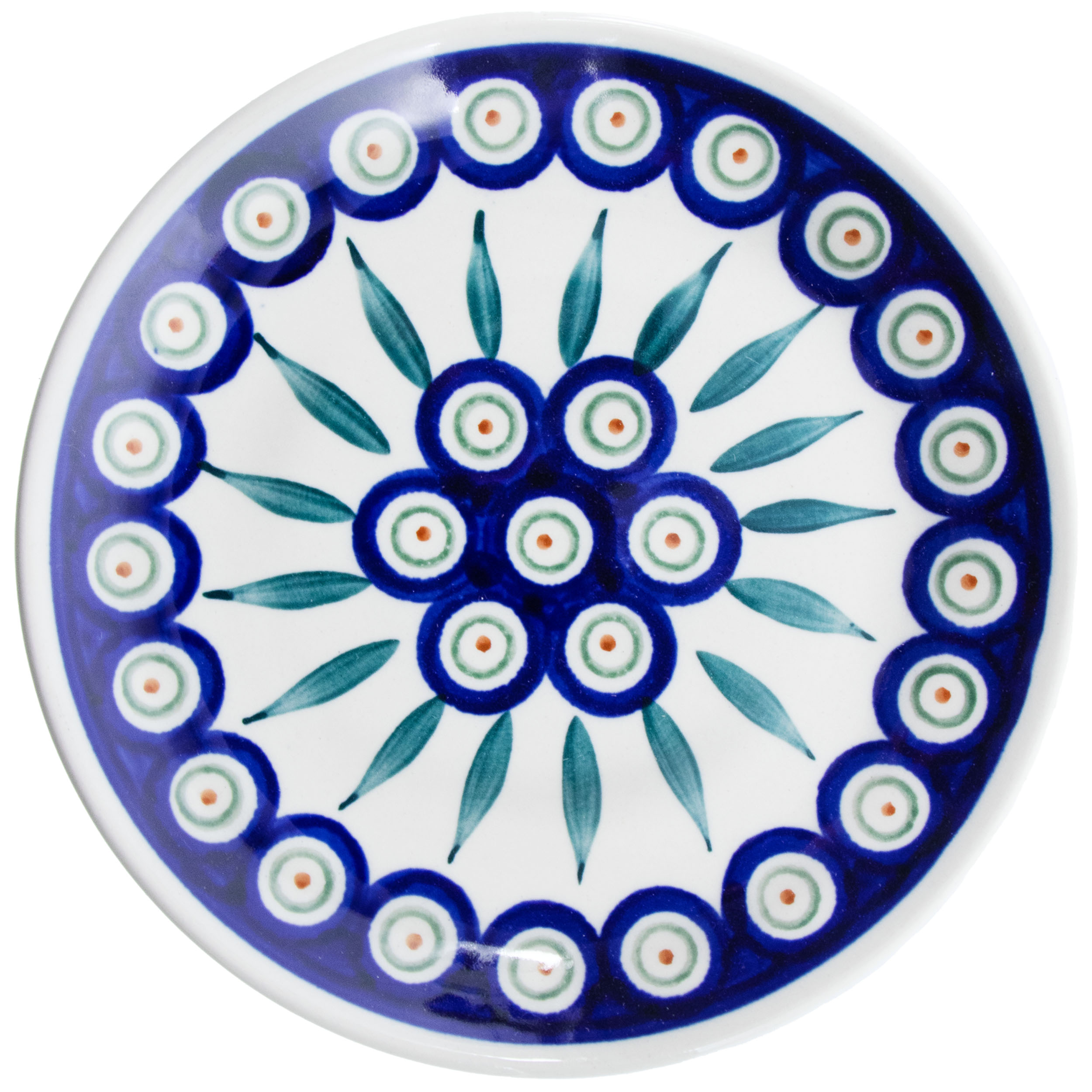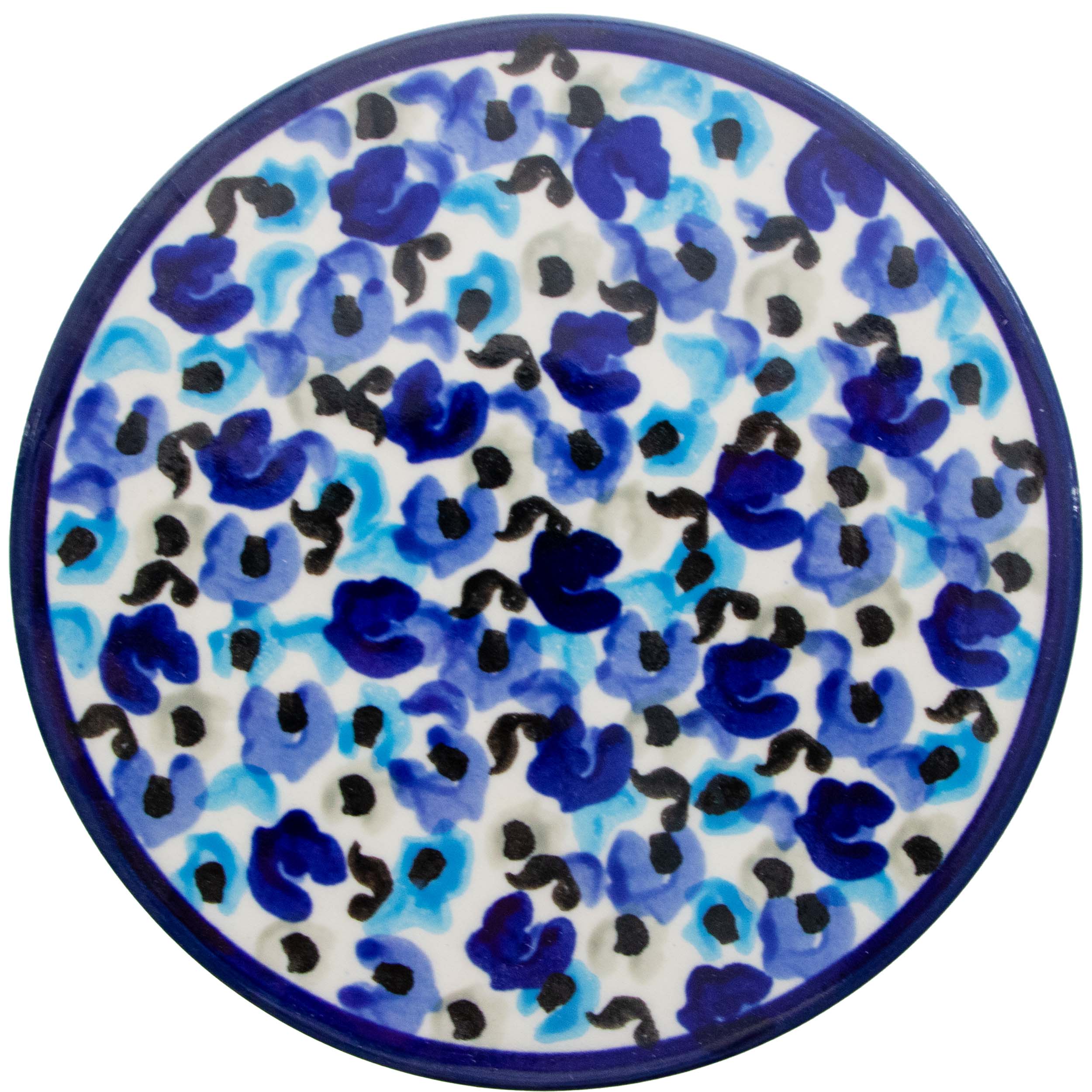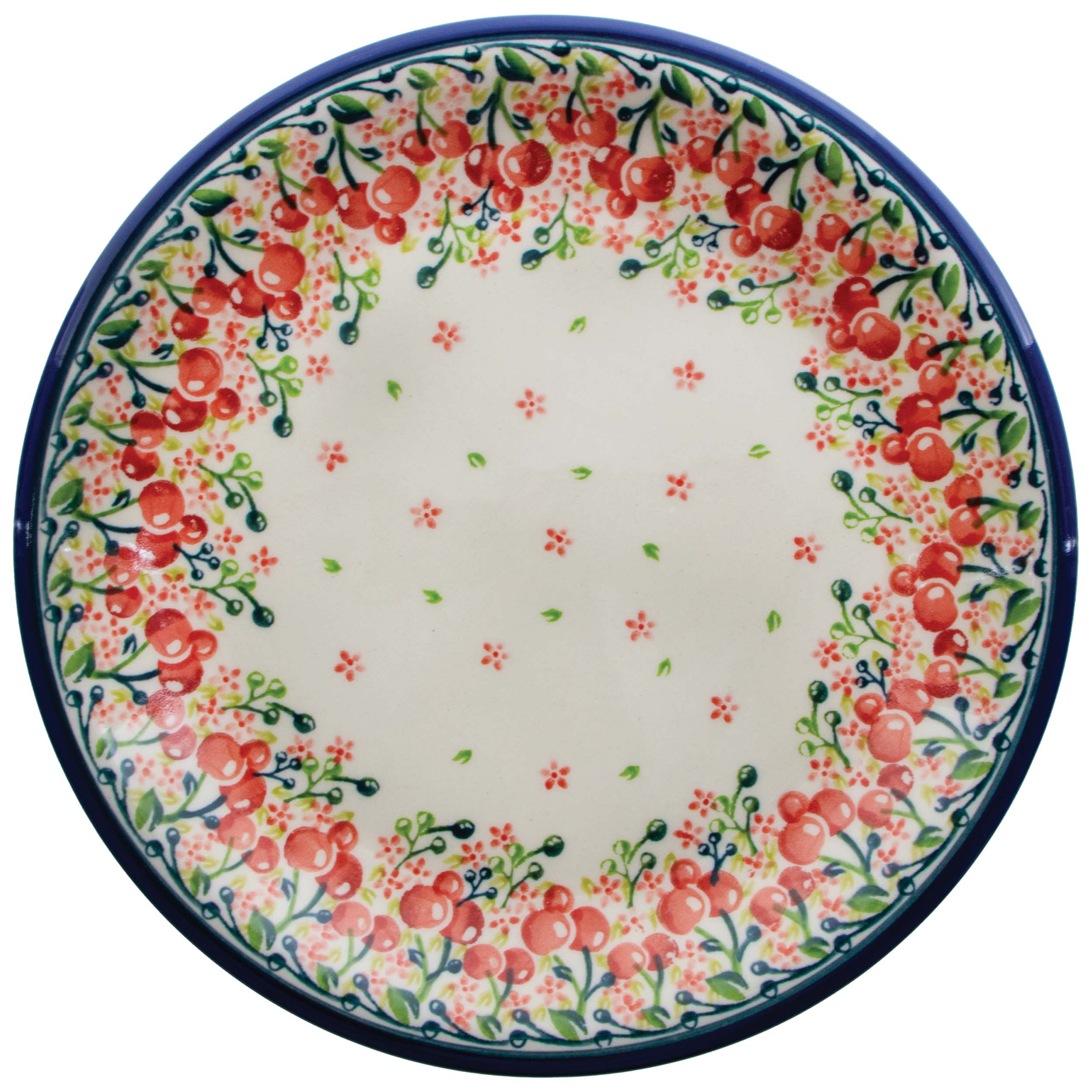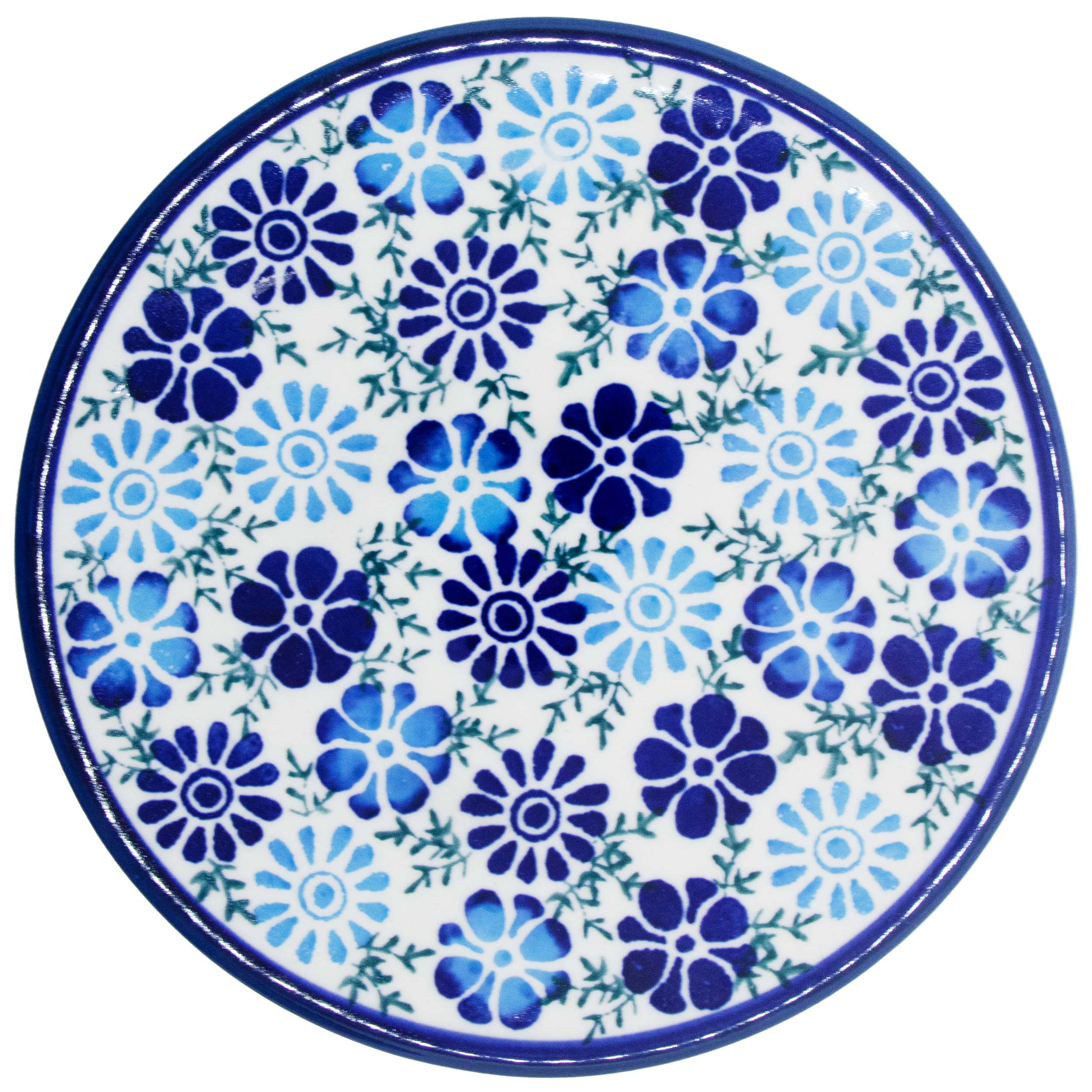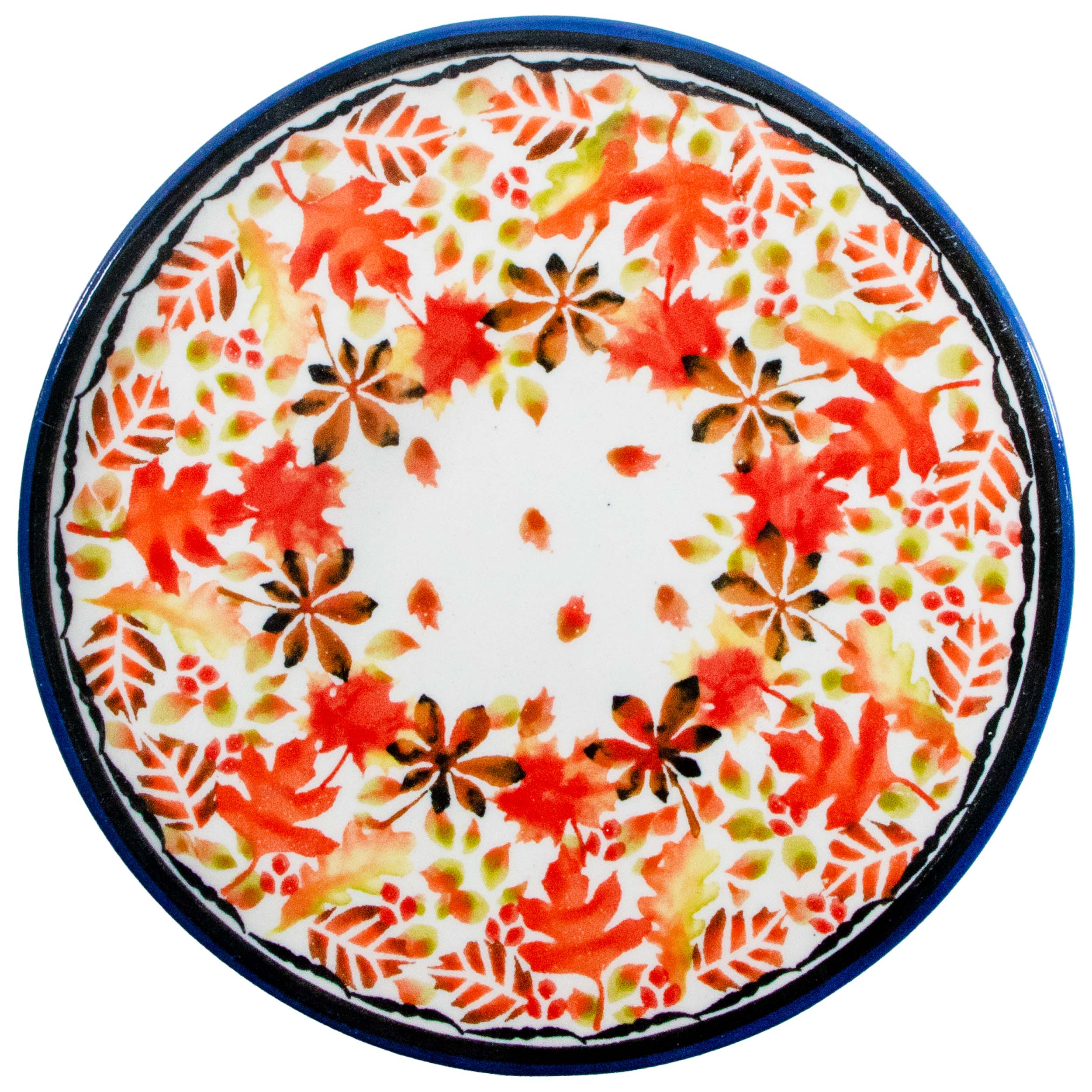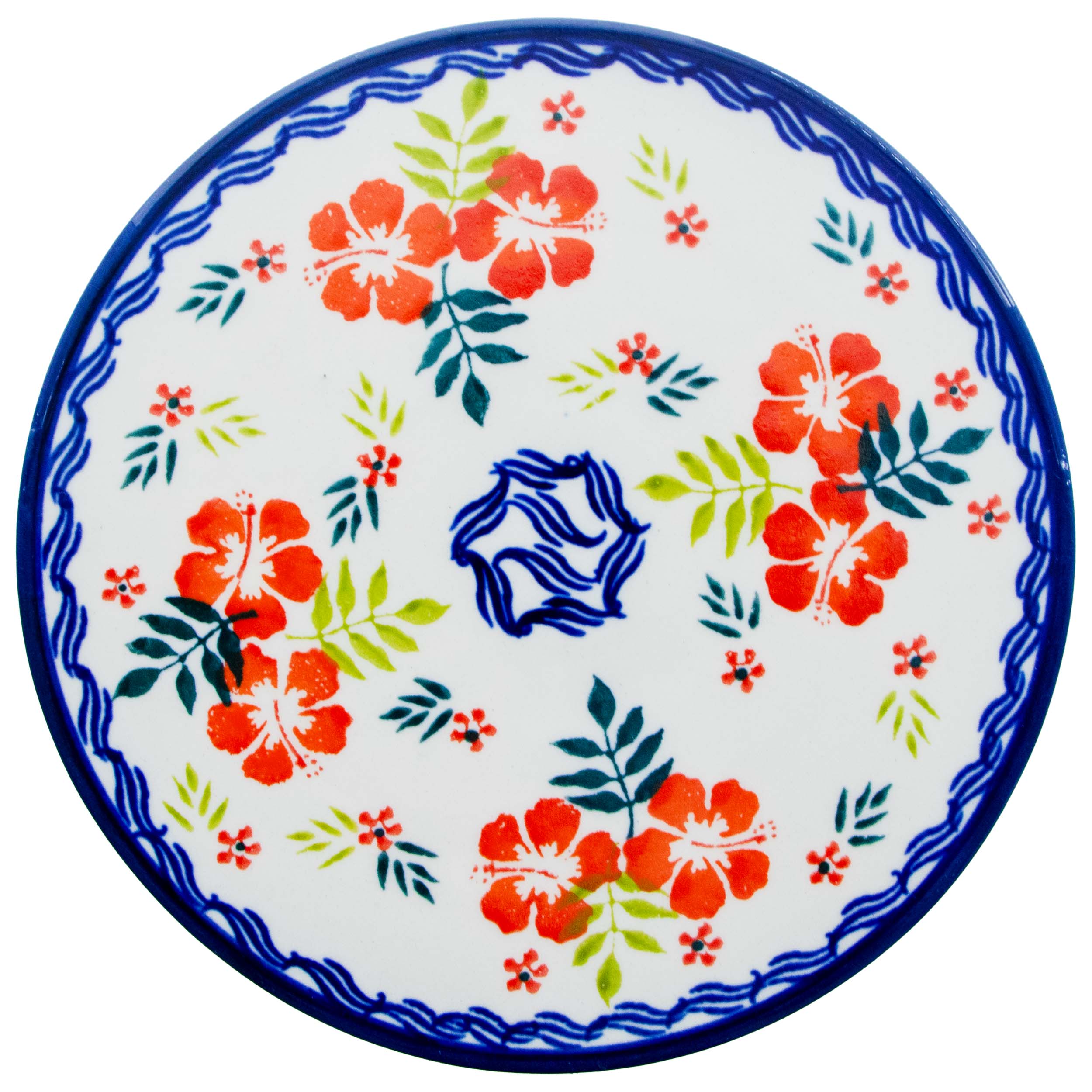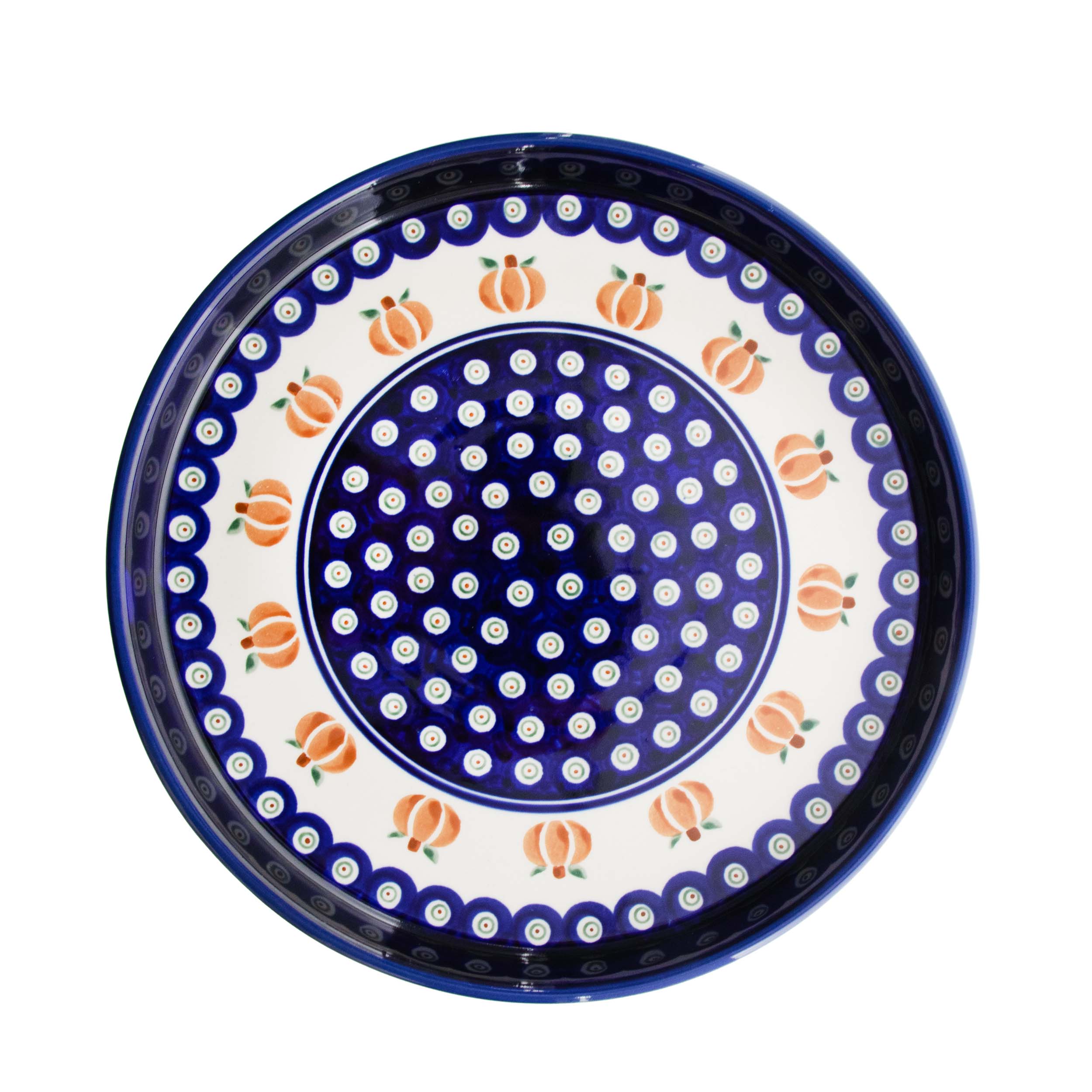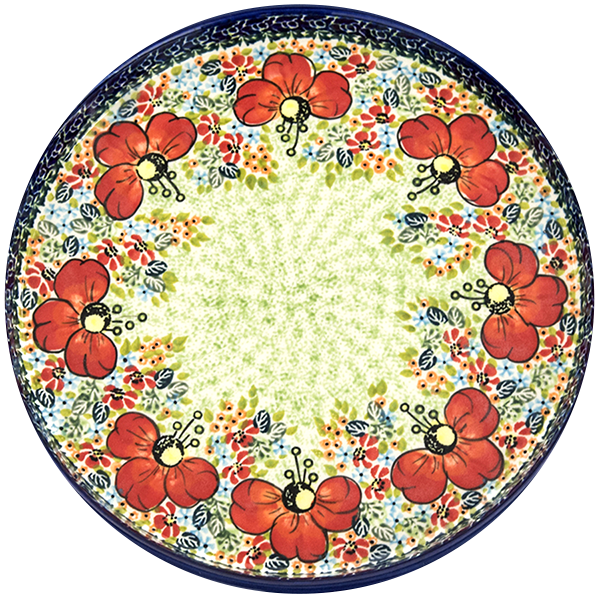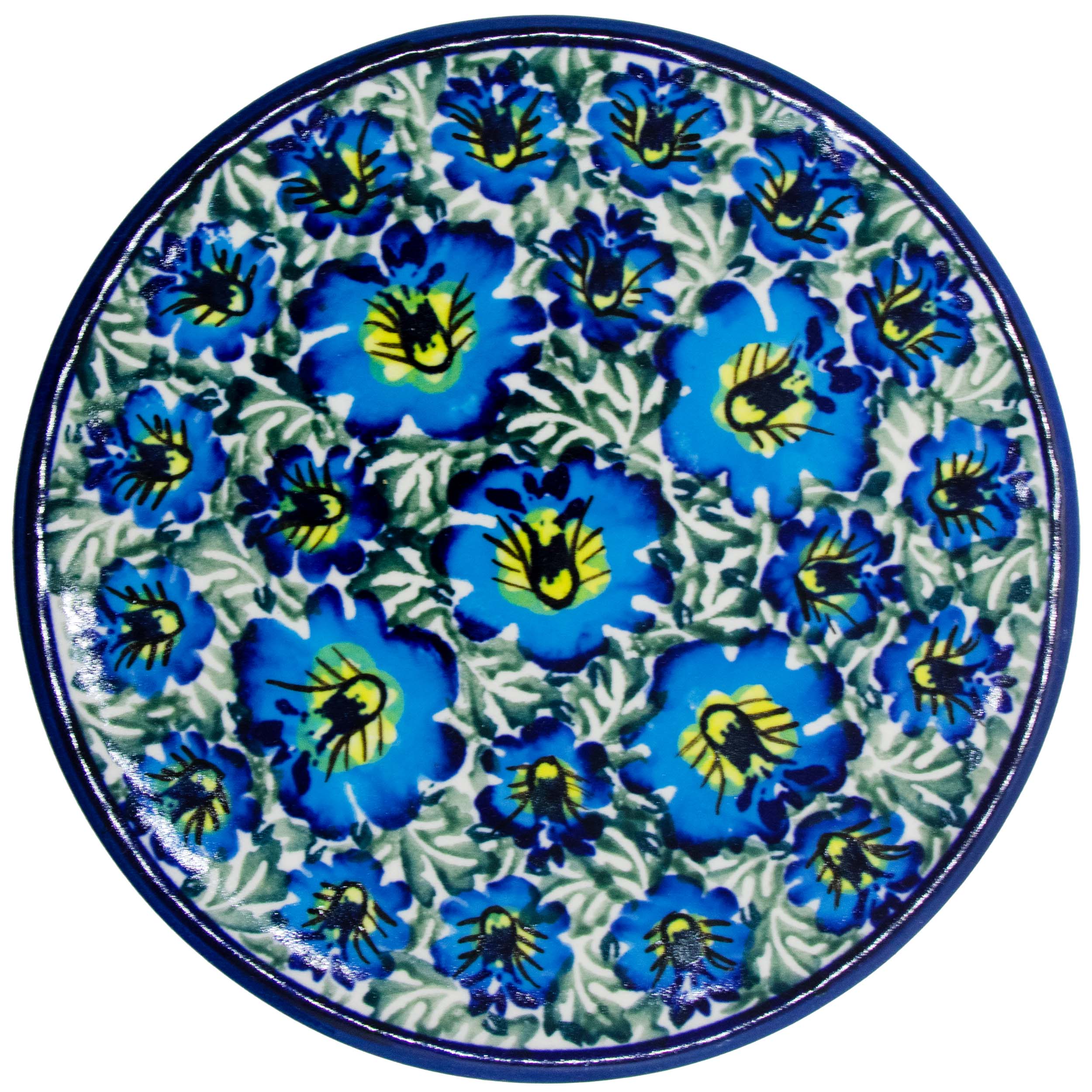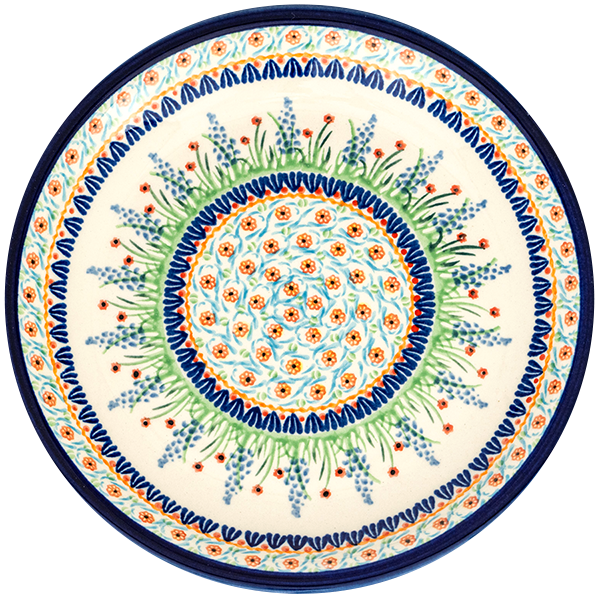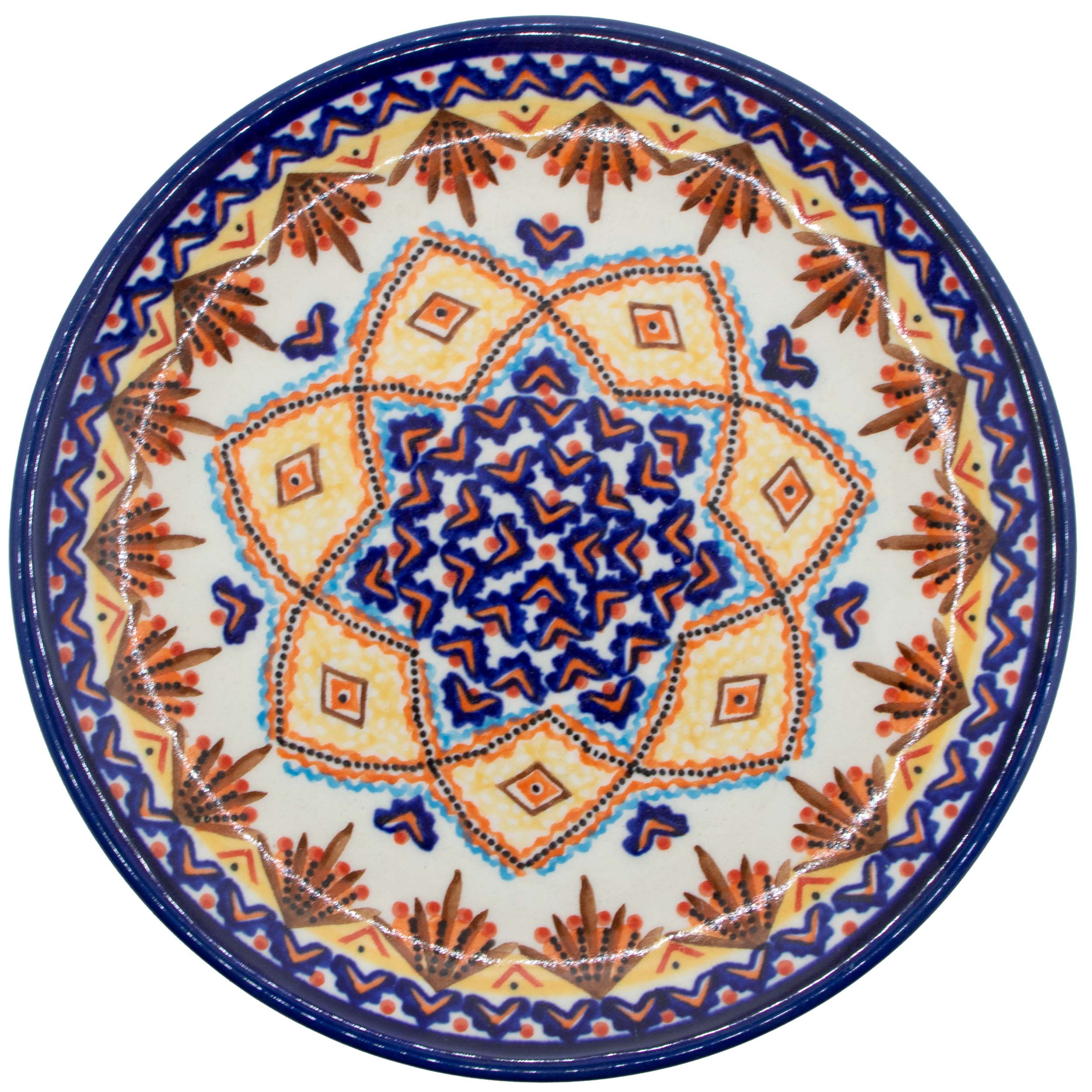Bowl
$33.48
Out of stock
SKU
1962A/D-1208/1
| Diameter [cm] | 0.00 |
|---|---|
| Length [cm] | 23.00 |
| Weight [kg] | 1.000 |
| Capacity [liter] | 1.60 |
| Height [cm] | 9.40 |
| Width [cm] | 23.00 |
Bowl• Ceramic roaster with a capacity of 2.2 litres
• The roaster is designed for baking and heating both savoury and sweet dishes
• The decorative character of the roaster makes it possible to use it also for serving food on the table
• The roaster is suitable for baking at temperatures up to 280 degrees Celsius in conventional ovens, microwave ovens, on glass ceramic hobs, on induction hobs and for storing food in a refrigerator
• The roaster is glazed and fired at a high temperature, which protects both the roaster and the decoration from damage
• Corrugated bottom supports the heat treatment process
• The roaster can be washed in the dishwasher, heated in the microwave and stored in the fridge.
• Thanks to the specific mass from which the roaster is made, it keeps food warm for a long time
• The traditional shape of the roaster will perfectly fit into a classically furnished kitchen, while in a modern kitchen it will be an intriguing addition
• Like the whole product range of Zakłady Ceramiczne "BOLESŁAWIEC", the roasters are also decorated manually, using stamps and brushes, thanks to which each one is unique and therefore minimal differences in decoration may occur between particular pieces within one decoration
D-1208 "berries” decorationThe berry motif on Boleslawiec ceramics is one of the newer decorations, which hit the hearts of our customers. Its design refers to classic colours - we have berries in cobalt colour and leaves and stems in green. On the pottery decorated in this way there is a lot of cream background, thanks to which they are optically light. Berries evoke positive associations with summer and the sun, but they will be good on the table in any season.
All decorations of the pottery manufactured in Zakłady Ceramiczne "BOLESŁAWIEC" are hand-made by artists using traditional methods - with stamps and brushes. After decorating and glazing, the pottery is subjected to a second firing at high temperature, thanks to which both the pottery and the decoration gain resistance to damage and colour change. Each hand-decorated item is unique, as slight differences in decoration are inevitable.




